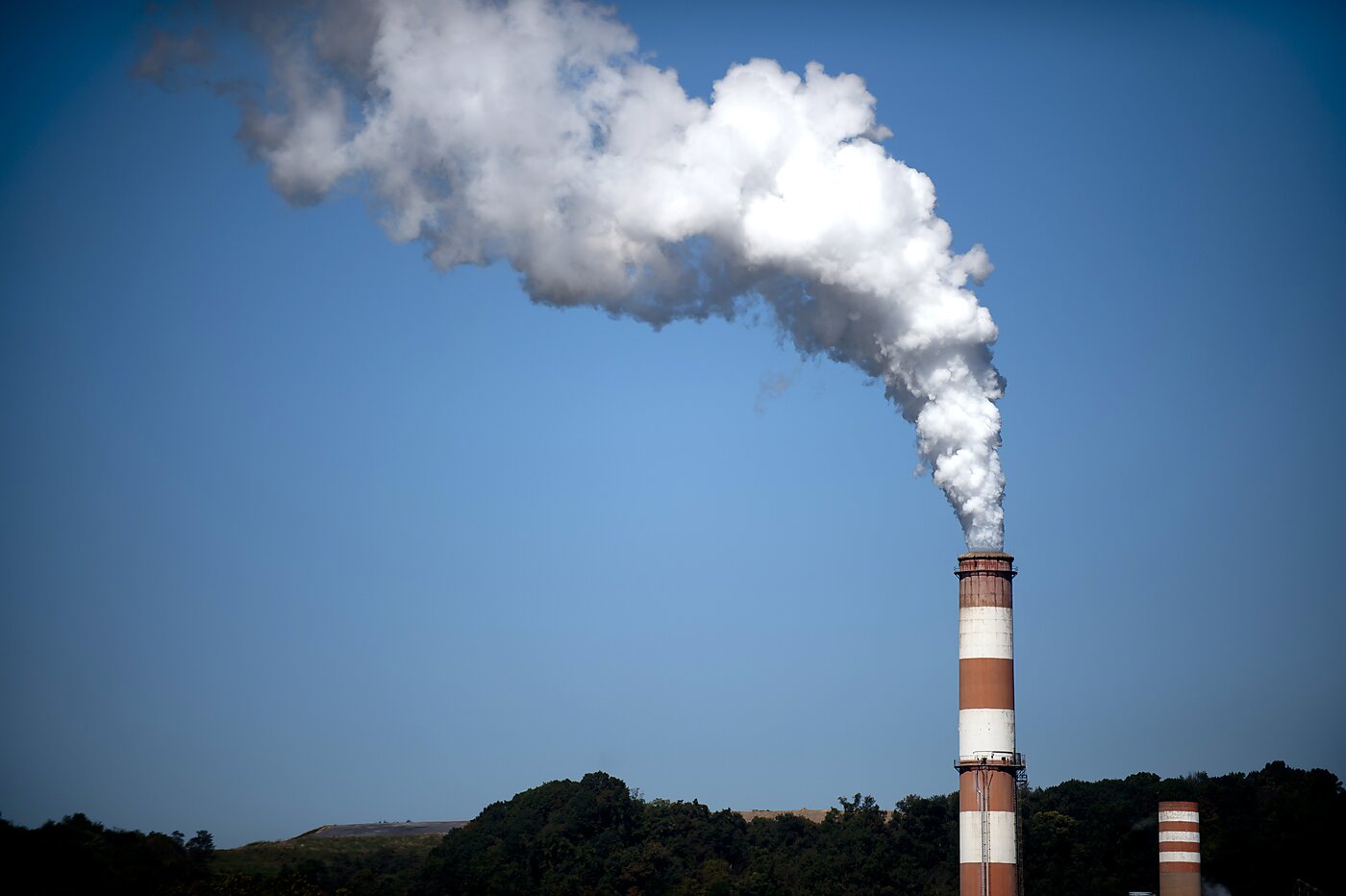On March 12, the Environmental Protection Agency underwent its “greatest day of deregulation,” relaxing or reconsidering 31 major rules from power-plant and vehicle emissions standards to oil-and-gas methane limits. More generally, the administration’s director Lee Zeldin has taken aim at the EPA’s mission, saying its primary goal should be to “lower the cost of buying a car, heating a home and running a business.”
Is that the right goal for the EPA? It depends.
From one perspective, Zeldin’s approach is exactly backwards. The purpose of environmental regulation is to “internalize” externalities, which means raising the price of goods whose production or consumption adversely affects third parties. For example, when a factory’s fumes harm its neighbors, the free-market price of its output will be too low relative to the socially efficient level; the price will only reflect the private costs, but not the social costs (pollution), of producing the good.
The textbook remedy is a Pigouvian tax—a surcharge equal to the marginal social damage. By elevating the market price to the full social cost, the tax nudges production and consumption down until the marginal benefit to buyers equals the marginal total cost to society.
Of course, even in that tidy model, regulators can blunder. If the tax is too high relative to the externality, imposing it might be worse than not intervening. And other methods of addressing externalities are even more difficult to get right. Command-and-control standards overlook how abatement costs differ across plants; paperwork proliferates; and political ratchets keep tightening limits long after marginal benefits turn negative.
This leads to an alternative perspective, which might be what Zeldin is thinking. If environmental or other regulations are raising costs too much, then lowering the costs faced by consumers, by scaling back regulation, is appropriate.
The hard question is how to ensure that regulations focus on which goods generate externalities and to what degree. Estimating marginal damages, discounting benefits, and projecting abatement costs is notoriously difficult, and the answers vary widely by region and pollutant.
One plausible approach is to leave most environmental regulation to states. They know local conditions best and can therefore choose a healthier balance of costs and benefits. Plus, each state’s fear of driving economic activity away will push back against excessive regulation.
A second path to reasonable balance is to restrict environmental regulation to Pigouvian taxes. This makes it harder to hide behind complexity and easier for citizens to evaluate proposals. And the public’s aversion to taxes provides a useful counterweight to overzealous regulators.
Armed with price signals that can rise or fall with new evidence, and ideally at the state level, environmental regulation could safeguard the commons, restrain rent seekers, and still honor the libertarian promise of letting markets decide how best to cut pollution.
This article appeared on Substack on March 28, 2025. Jonah Karafiol, a student at Harvard College, co-wrote this post.


